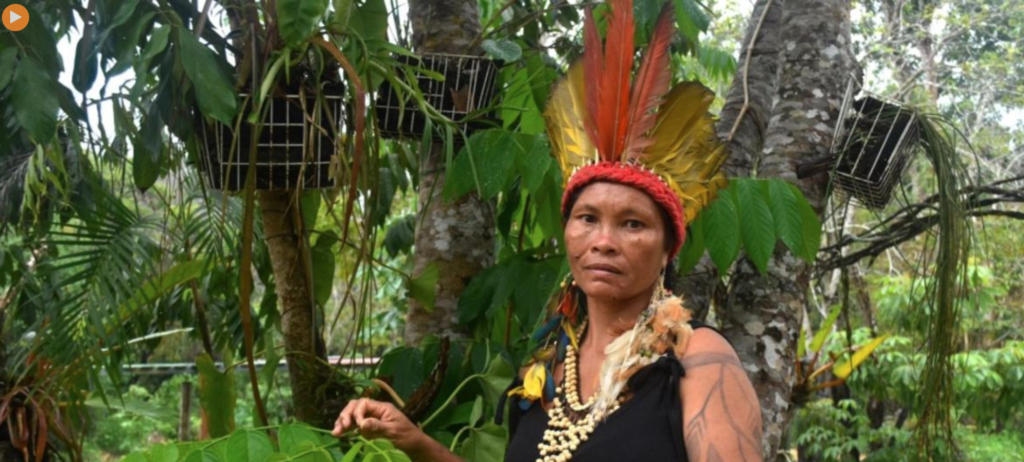
As the world celebrates the International Day of the World’s Indigenous Peoples on Wednesday, the theme of “Indigenous youth as agents of change for self-determination” is taking centre stage at the United Nations.
As many young Indigenous People are engaging in climate action, human rights and cultural conservation, the message from UN Secretary-General António Guterres resonates loudly – this year, it’s all about the youth.
“We celebrate young Indigenous Peoples, and their role in creating change and shaping the future,” he said in his message for the Day.
Fighting back
Indigenous Peoples have long held a unique connection to their lands, cultures, and traditions, which are often threatened by external pressures, including land encroachments, resource extraction and limited recognition of their rights.
However, “young Indigenous Peoples are helping to fight back,” said Mr. Guterres.
At a time when the world is grappling with unprecedented challenges, young Indigenous voices are rising to the occasion, sparking change, and shaping the future of their communities and the planet at large.
“They are leaders in the global climate action movement. They advocate justice and equality, celebrate their cultures, advance human rights and raise awareness of Indigenous history and issues around the world,” he added.
A voice in decision-making
Spread across 90 nations, an estimated 476 million Indigenous individuals inhabit our world. While constituting less than five percent of the global population, they bear the weight of economic disparity, comprising 15 percent of the world’s poorest people.
These diverse communities encompass an incredible array of 5,000 cultures and are the primary speakers of the majority of the world’s 7,000 languages. The harmony they maintain with their environment and the holistic approach they take towards development offer valuable lessons for humanity.
“It is therefore vital that young Indigenous Peoples, both women and men, are involved in decision-making. The choices made today will determine the world of tomorrow,” Mr. Guterres said.
Youth speak up
Several young indigenous people shared their insights during a virtual event on Wednesday morning to commemorate the International Day, including Josefa Tauli from the Ibaloi-Kankanaey Igorot community in the Philippines, a member of the Secretary-General’s Youth Advisory Group on Climate Change.
She recounted her experiences of the barriers that are limiting Indigenous People from making an impact, saying that “no matter how long it takes, a just struggle will bear fruit as long as we work together.”
“I think that we as Indigenous youth, all have roles to play in this continuing struggle for the respect of our rights, and in the fight for a just world that lives in harmony with Mother Earth,”she added.
Autumn Adams from the Yakama community in the United States highlighted the importance of learning from previous generations.
“I think that is the goal to combine the next generations’ strengths with the teachings of our past generations to create the most equitable future,” she said.